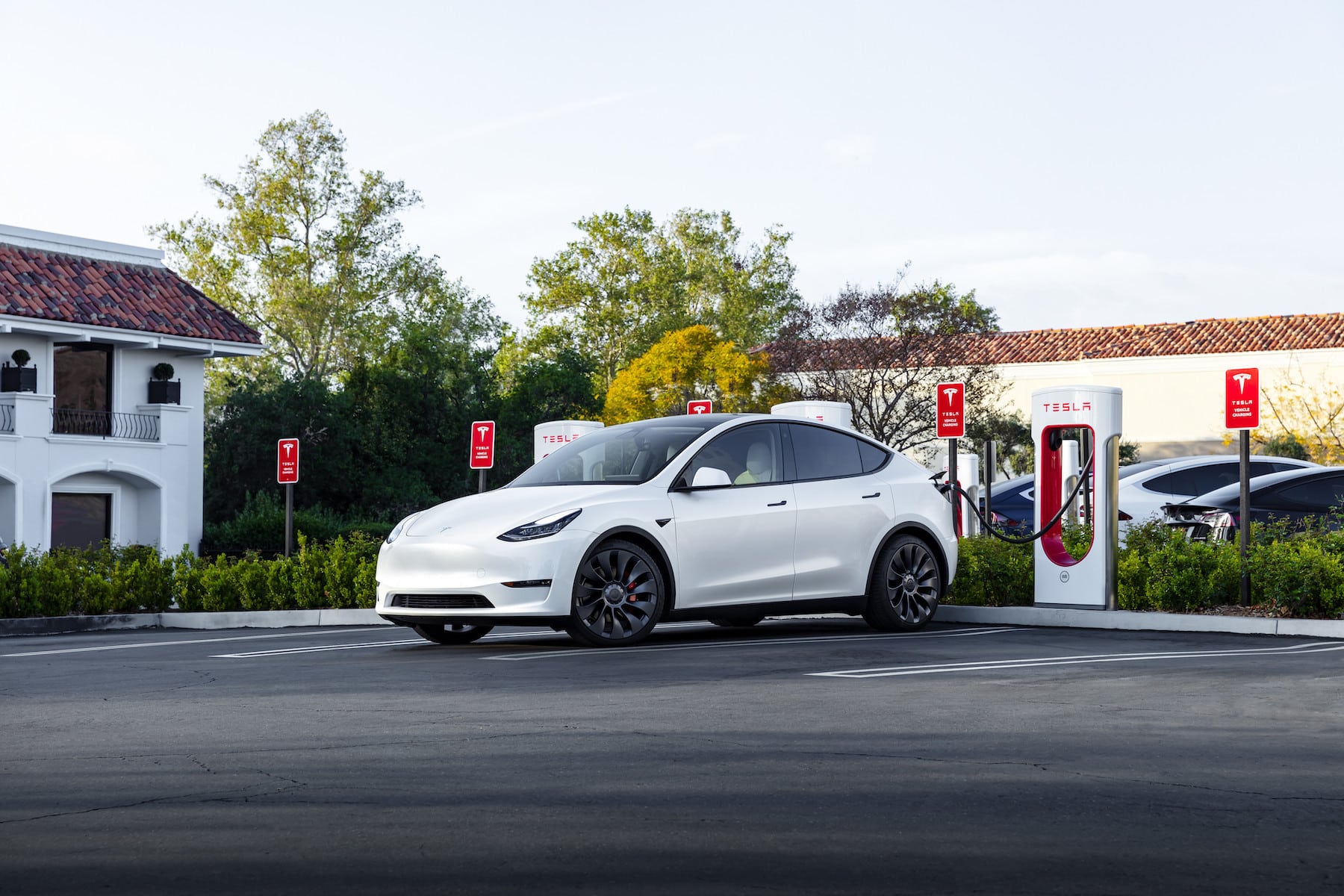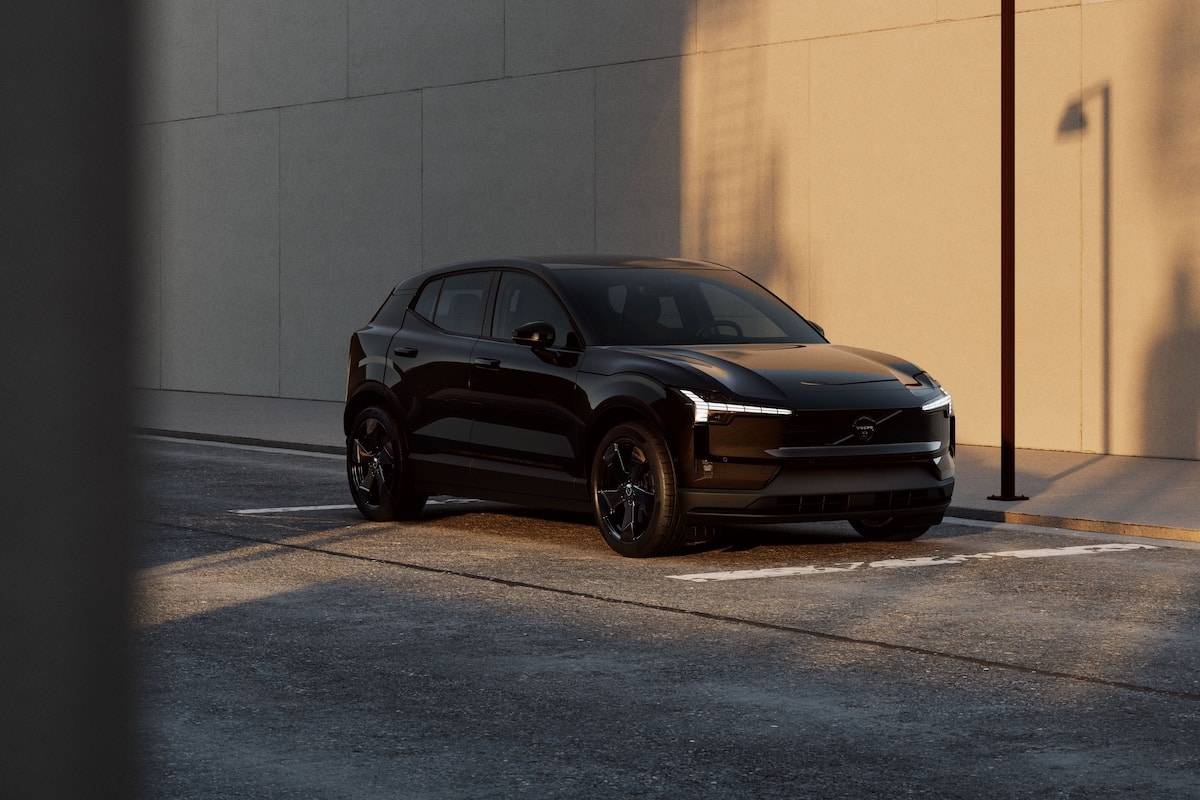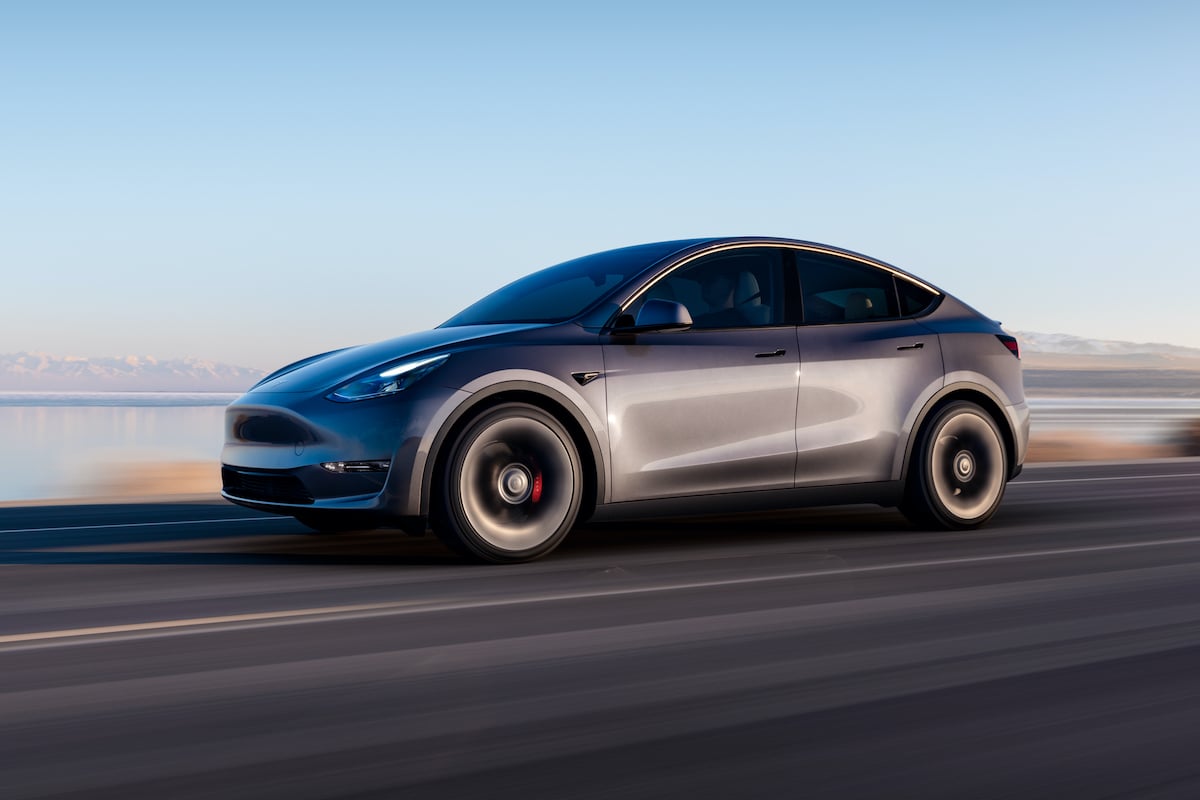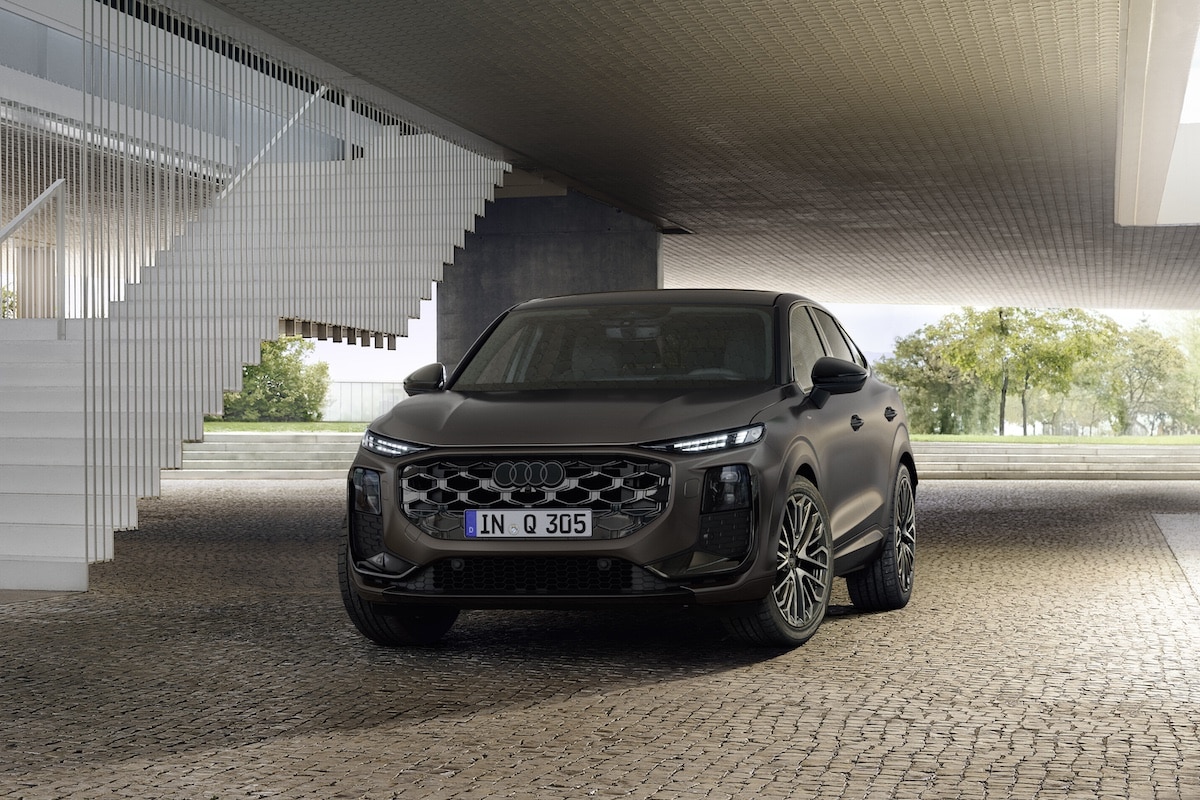Charging on the highway: when will the extortion end?

Like fuels, charging stations on highway rest areas have scandalous prices. What is the state doing to regulate this?
“Same player shoot again“. Following the historic scandal of fuel prices on highway rest areas, prices that fluctuate with tourist migrations, notably to optimize revenue (or shear the sheep), the phenomenon is now repeating itself with charging stations. It has reached a point where leaving the highway to recharge is indeed a strategy to cut your bill in half!
Why is it so expensive?
There are well-crafted excuses from oil companies to justify their prices, which are often 40 cents per liter (a +25% increase!). First, they claim that access and logistics are further away. Nonsense, as fuel from a supermarket gas station also travels by highway. Thank you for not treating us like fools.
Next, operators of highway gas stations are obligated to maintain a certain standard of cleanliness and services, such as restrooms. For the rest, restaurants and shops are still highly profitable with very high prices.
Finally, there is the argument — which is valid — that these gas stations must pay fees and concessions to highway companies to operate on their networks. However, these costs, marginal compared to the billions of liters of gasoline sold annually, do not explain the outrageous pricing. No, the reason is simple: the lack of competition.
With gas stations on average every 40 kilometers, drivers have few options to refuel with gasoline or electricity, apart from choosing to leave the highway. An increasing number of drivers are doing just that. However, once again, the highway companies and their partners have found a workaround: applying “intermediate” rates that are more expensive for those entering and exiting. No comment. Nevertheless, it’s worth the effort: on a fill-up of 50 liters of SP98, the price difference can reach 20 euros!
What is the benefit of charging on the highway?

It’s hard to make energy sourcing cheaper than an electric charging station. Thus, the logistical argument no longer holds. Yet, a quick glance at the prices charged, especially by a well-known French oil company, is enough to understand that stopping is pointless: €0.59 per kWh on a station “greater than 50 kW”! For comparison, the domestic kWh costs €0.13, which is a 450% inflation!
In other words, charging 50 kW of a Tesla Model Y (from 10% to 80%) costs €29.5! All for an expected real range of 275 kilometers, which is equivalent to a fuel consumption of 5 liters per 100 km. We’re nearing perfect parity between these two energy sources… except that electricity is not taxed at 60% by the state so far. Only VAT is deducted. It’s thus all profit for the charging station operators!
At Mobiwisy, we can only encourage you to leave the highway network to charge, especially at Tesla where power and prices are competitive. The kWh there is about 50% cheaper. On a trip from Paris to Marseille where two to three charges are necessary, the savings will be substantial. You might as well treat yourself to a restaurant with the difference.
This raises the question of price regulation in France, as the electric Yellow Vests will not be long in coming. And that would be legitimate.
This page is translated from the original post "Recharge sur l’autoroute : à quand la fin du racket ?" in French.
We also suggestthese articles:
Also read




